Researchers say structures made of the cells could potentially be used to clean up uranium from oceans, heal wounds, and more.


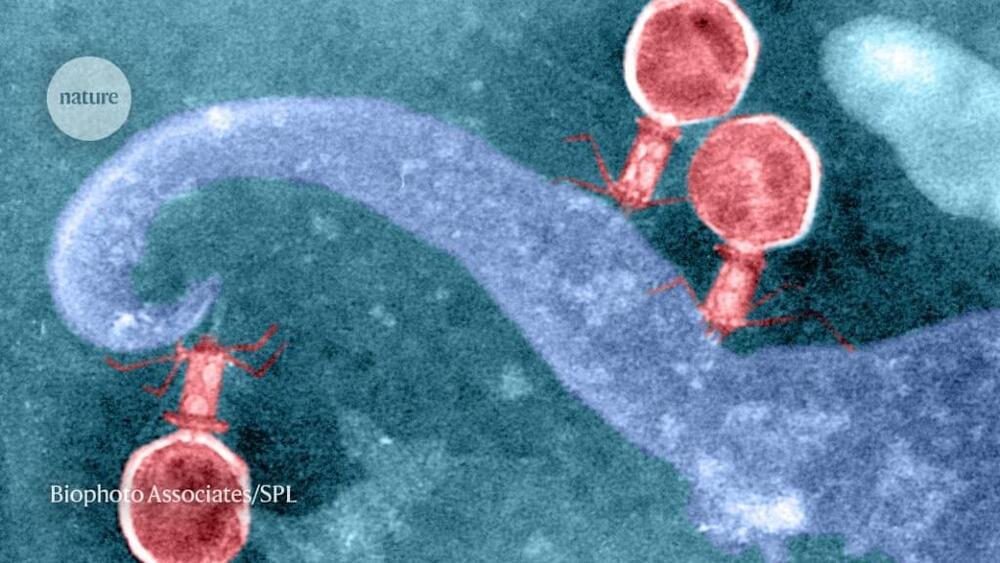
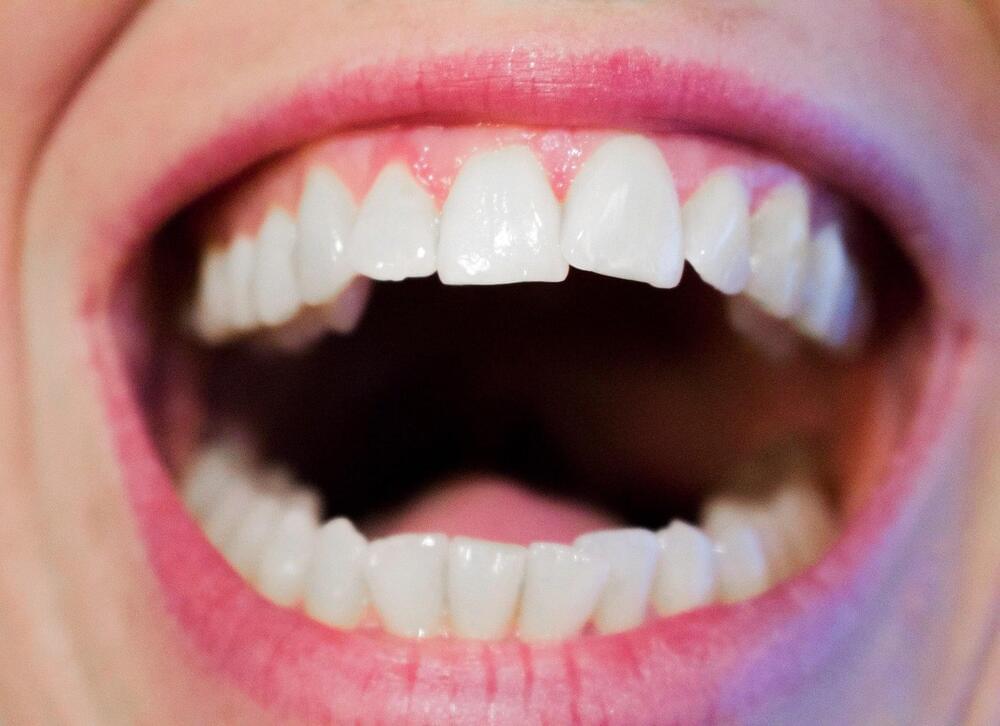
Researchers at Karolinska Institutet in Sweden have identified the bacteria most commonly found in severe oral infections. Few such studies have been done before, and the team now hopes that the study can provide deeper insight into the association between oral bacteria and other diseases. The study is published in Microbiology Spectrum.
Previous studies have demonstrated clear links between oral health and common diseases, such as cancer, cardiovascular disease, diabetes and Alzheimer’s disease. However, there have been few longitudinal studies identifying which bacteria occur in infected oral-and maxillofacial regions. Researchers at Karolinska Institutet have now analyzed samples collected between 2010 and 2020 at the Karolinska University Hospital in Sweden from patients with severe oral infections and produced a list of the most common bacteria.
This was a collaborative study that was performed by Professor Margaret Sällberg Chen and adjunct Professor Volkan Özenci’s research groups.

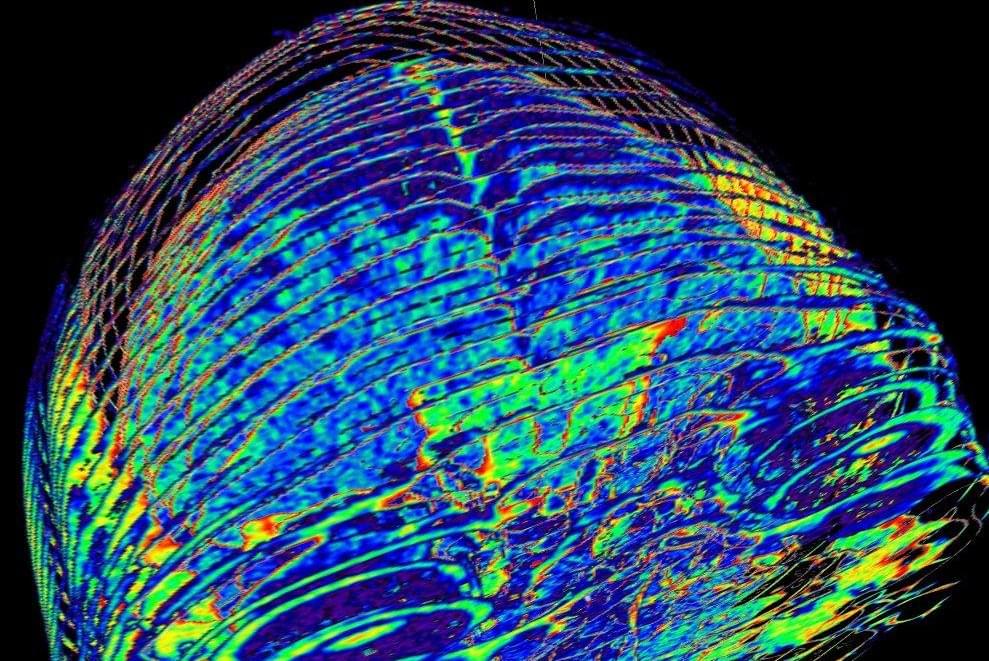
Nov. 23 (UPI) — Researchers said Wednesday they found changes in almost all the regions of the brain they investigated via MRI scan data of children with attention-deficit/hyperactivity disorder.
Children with ADHD had abnormal connectivity in the brain networks involved in memory processing and auditory processing, a thinning of the brain cortex, and significant white matter microstructural changes, especially in the frontal lobe of the brain.
The results of the new research on brain biomarkers of ADHD — based on analysis of data from MRI exams of 7,805 children — is scheduled to be presented Sunday at the annual meeting of the Radiological Society of North America.
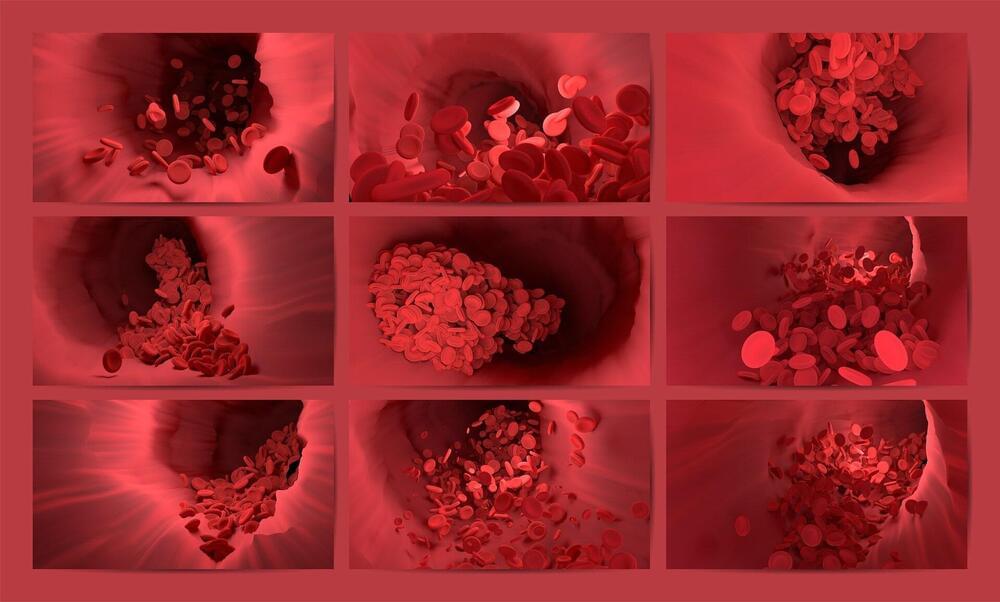
Giving the anti-clotting drug rivaroxaban to patients for 12 weeks instead of the usual six after a blood clot in the lower leg reduces the risk of further clots developing up to two years after treatment, finds a trial published by The BMJ today.
What’s more, the additional six weeks of treatment did not result in increased bleeding risk, a common side effect of anti-clotting drugs.
Rivaroxaban is an anticoagulant drug. It’s given to people at a high risk of getting dangerous blood clots to help their blood clot (thicken) more slowly.
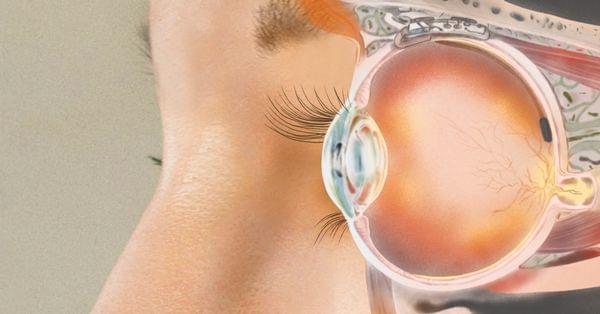
Neuralink’s invasive brain implant vs phantom neuro’s minimally invasive muscle implant. Deep dive on brain computer interfaces, Phantom Neuro, and the future of repairing missing functions.
Connor glass.
Phantom is creating a human-machine interfacing system for lifelike control of technology. We are currently hiring skilled and forward-thinking electrical, mechanical, UI, AR/VR, and Ai/ML engineers. Looking to get in touch with us? Send us an email at info@phantomneuro.com.
Phantom Neuro.
Phantom is a neurotechnology company, spun out of the lab at The Johns Hopkins University School of Medicine, that is enabling lifelike control of robotic orthopedic technologies, such as prosthetic limbs and exoskeletons. Phantom’s solution, the Phantom X, consists of low-risk implantable sensors, AI, and enabling software. By providing superior control of robotic orthopedic mechanisms, the Phantom X will drastically improve the lives of individuals with limb difference who have yet to see a tangible improvement in quality of life despite significant advancements in the field of robotics.
Links:
info@phantomneuro.com.
https://www.linkedin.com/in/connor-glass-md-010124141/
https://www.linkedin.com/company/phantomneuro/
https://twitter.com/phantom_neuro.
PODCAST INFO:
The Learning With Lowell show is a series for the everyday mammal. In this show we’ll learn about leadership, science, and people building their change into the world. The goal is to dig deeply into people who most of us wouldn’t normally ever get to hear. The Host of the show – Lowell Thompson-is a lifelong autodidact, serial problem solver, and founder of startups.
LINKS
Youtube: https://www.youtube.com/channel/UCzri06unR-lMXbl6sqWP_-Q
Youtube clips: https://www.youtube.com/channel/UC-B5x371AzTGgK-_q3U_KfA
Linkedin: https://www.linkedin.com/in/lowell-thompson-2227b074
Twitter: https://twitter.com/LWThompson5
Website: https://www.learningwithlowell.com/
Podcast email: lowell@learningwithlowell.com.
Timestamps.
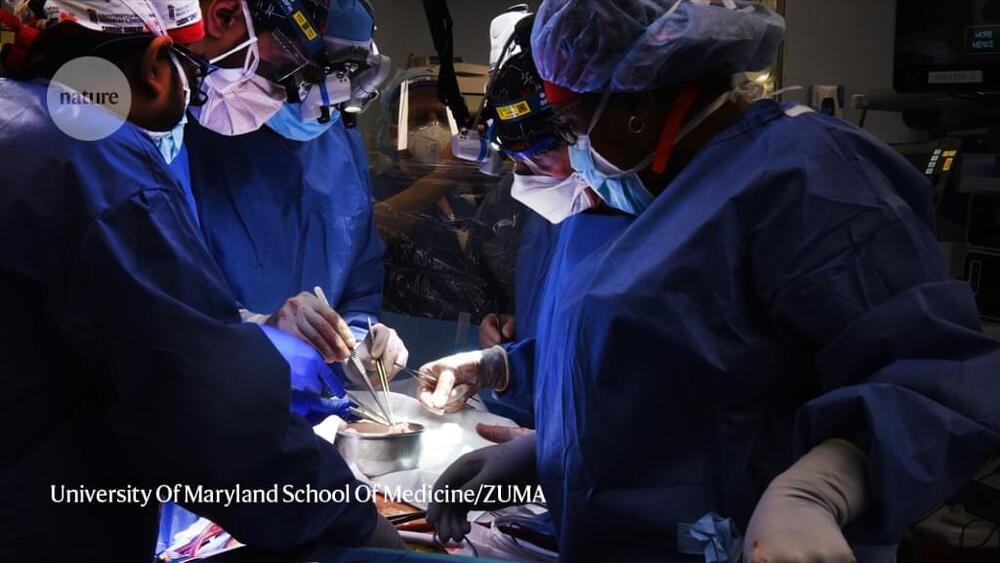
Unnecessary playing with nature.
In January, Bennett’s doctors offered him the chance to receive a heart from a pig. He took it. “I know it’s a shot in the dark, but it’s my last choice,” he said in a press release from the University of Maryland Medical Center in Baltimore, where he was being treated. On 7 January, doctors transplanted the heart, which had been genetically modified so that the human body would tolerate it.
Bennett survived for eight weeks with his new heart before his body shut down. After his death, the research team learnt that the transplanted organ was infected with a pig herpesvirus that had not been detected by tests1.
But even a few weeks is a long time for an animal organ placed in a human, known as a xenotransplant. Given that the human immune system begins attacking non-genetically modified pig organs in minutes, other xenotransplantation researchers are impressed with the experiment. “It’s actually beyond my expectation that the patient lived up to two months,” says Luhan Yang, a bioengineer and chief executive of Qihan Biotech in Hangzhou, China. “I think it’s a victory for the field.”
